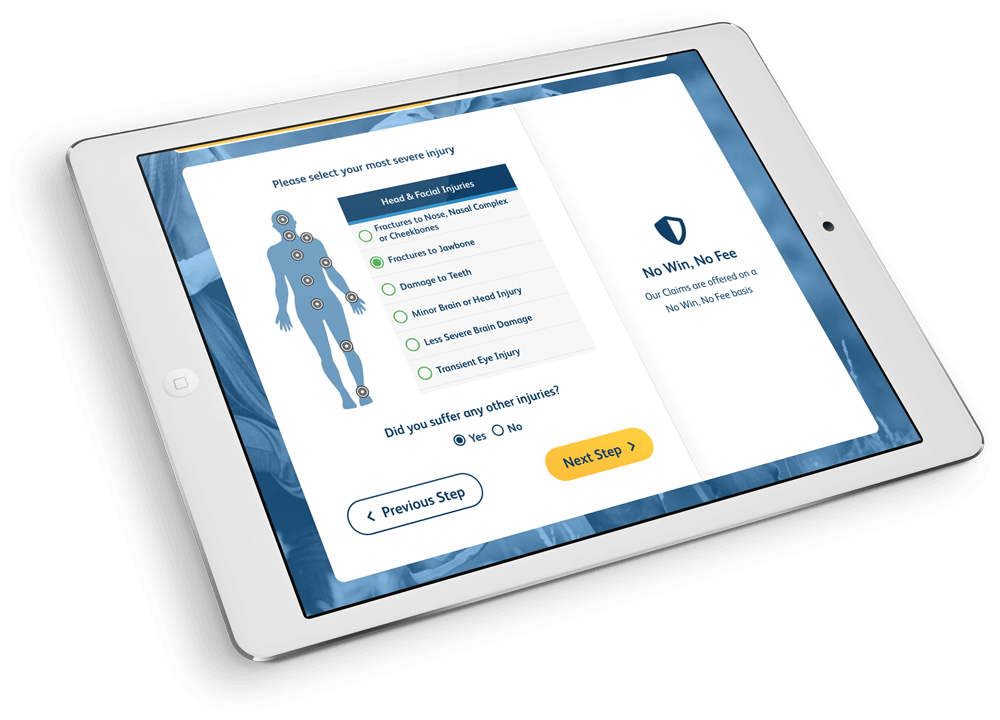E-scooters: are they safe enough for our roads?
They’ve been hailed by some as the answer to both the climate change issue and the spread of Coronavirus, but are we really ready for electric scooters and, importantly, are they safe?
The UK’s first-ever pilot scheme of e-scooters was launched last month in Middlesborough, with hopes of getting people off buses as we battle the ongoing COVID-19 pandemic and climate change.
SO, WHAT’S THE PROBLEM WITH E-SCOOTERS?
The vehicles, which can reach speeds of 12mph, were given the go-ahead by the Government in July, but a second trial period in Hartlepool was abandoned following the mis-use of 50 e-scooters in Middlesborough.
Incidents included teenagers riding them on busy, 70mph roads and underage users zooming through shopping malls, putting pedestrians at risk.
It had originally been the plan to start with 50 vehicles in Middlesborough and Hartlepool, before increasing this number to 1,000 across the wider area, according to The Independent. However, the vehicles have since been labelled by a local MP as “useful as chocolate fireguard”.
And, recent mis-use could also have a knock-on effect to insurance premiums for drivers, with claims set to soar to between £200 million and £2 billion a year, according to the Motor Insurer’s Bureau.
In the UK, the insurance industry pays for all incidents involving uninsured vehicles, not just cars. It means they are also liable for collisions involving golf buggies, ride-on lawn mowers, quad bikes and e-scooters.
As such, motorists could expect to be paying up to £50 more for their annual insurance policy.
WHAT NEEDS TO BE DONE BEFORE E-SCOOTERS ARE ROLLED OUT?
With e-scooters being a very new way to travel and still in trial periods, we need to consider the impact they’ll have on both motorists and pedestrians, as well as those riding the scooters.
Our head of civil litigation, Niamh Wilson, said: “Before e-scooters are rolled out any further, we need more clarity on the rules of their usage. While we need to consider the safety of those using e-scooters, as well as pedestrians, we also need to think about the impact they could have on motorists’ safety.
“While they’re not meant to be driven any faster than, say, 12mph, there are clear examples of people flouting this rule and putting themselves and others at risk of injury.
“Questions around whether e-scooter users have to obey the Highway Code need to be addressed and communicated properly to all road users, with strict measures in place to ensure people adhere to the rules.
“Of course, there are many benefits to using e-scooters and we’d welcome their correct usage, but we certainly need clearer messages.”






